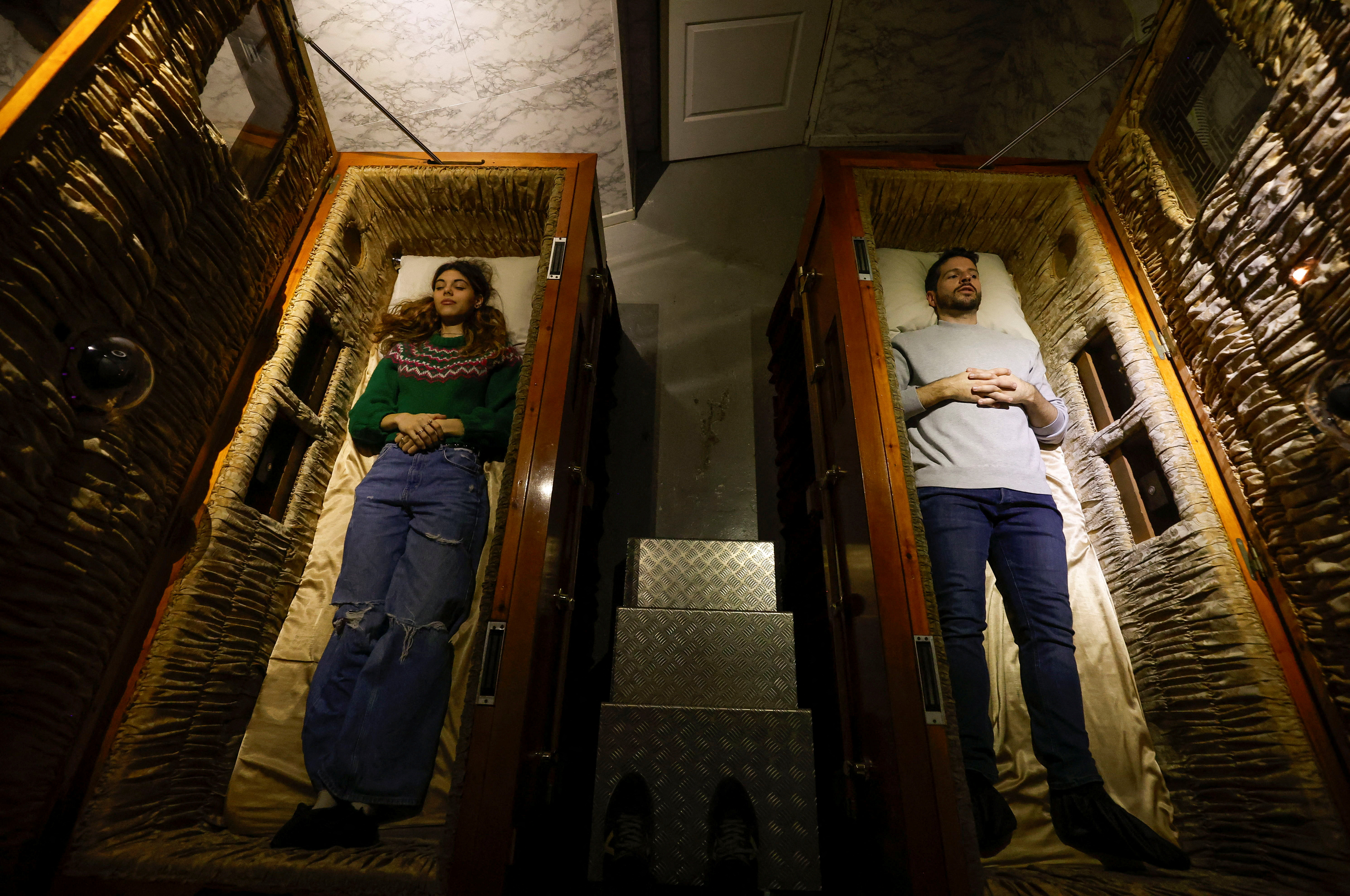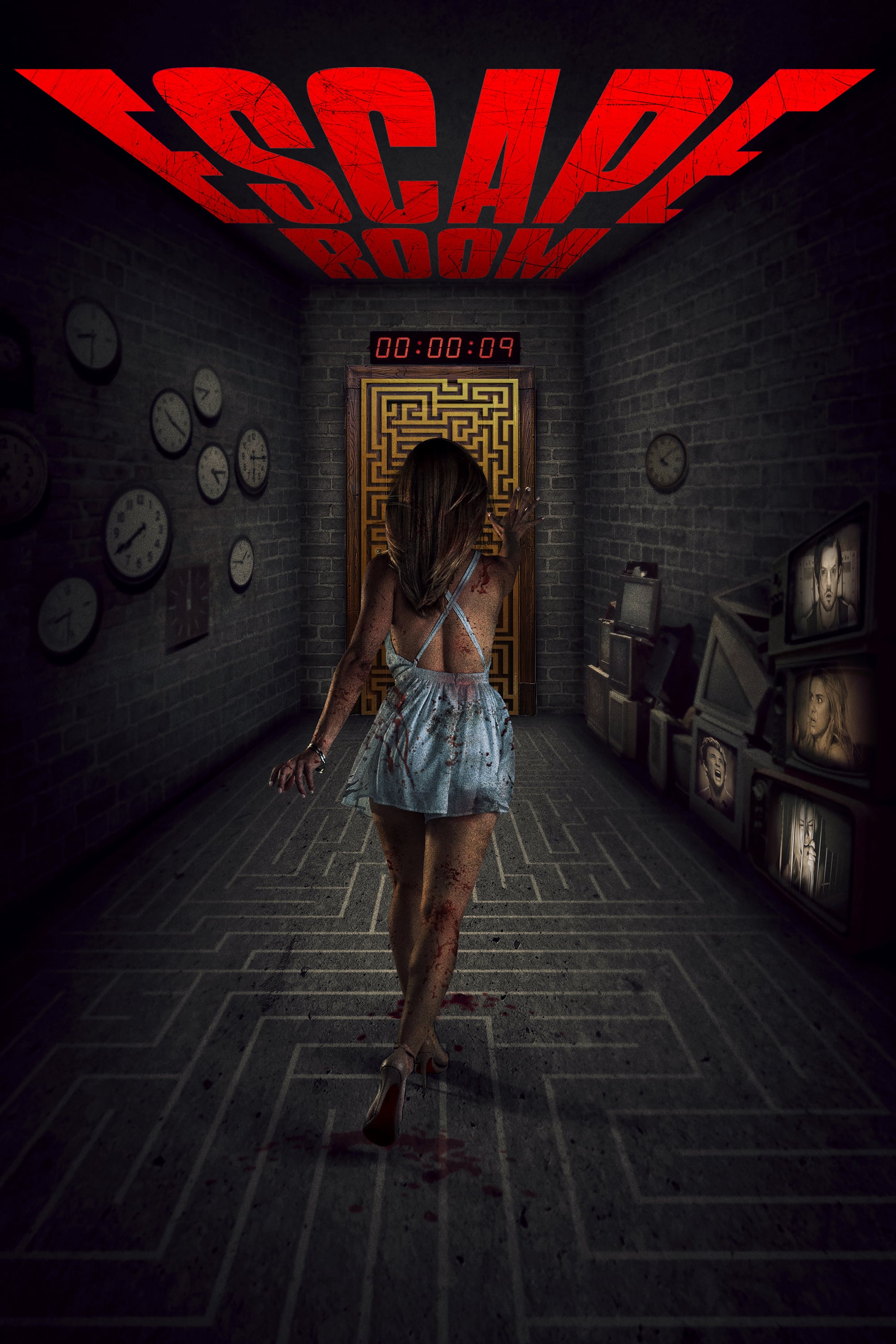Explore Why Escape Rooms Are Fun and Offer an Unique Way to Bond With Friends and Family Members
Getaway rooms have arised as a fascinating form of home entertainment, providing a blend of immersive narration and psychological stimulation that is both challenging and fulfilling. What exactly establishes retreat spaces apart as a bonding experience?

Immersive Storytelling
While the concept of retreat rooms may initially appear straightforward, it is the immersive narration that absolutely sets them apart. These experiences are carefully developed to deliver participants right into an additional world, weaving engaging narratives that captivate and engage. From the moment gamers enter the area, they are wrapped up in a meticulously crafted atmosphere, complete with intricate information, audio results, and thematic elements that offer to boost the story.
Each getaway area includes an unique plot, usually involving a goal or enigma that individuals have to address within a set timeframe. The storyline is not merely a background yet is integral to the experience, affecting the layout of problems and the layout of the room. This narrative-driven strategy ensures that every aspect, from the hints to the decor, contributes to the unraveling story, producing a cohesive and immersive atmosphere.
Additionally, using innovative innovation and interactive functions even more grows the immersive experience. As an example, electronic user interfaces, enhanced reality, and sensory results can make the tale come active, enabling participants to feel as though they are genuinely part of the unraveling dramatization. This immersion promotes a feeling of excitement and urgency, raising the total satisfaction of retreat rooms.
Psychological Stimulation
Engaging in retreat areas uses participants an one-of-a-kind form of psychological stimulation that tests cognitive abilities in stimulating and diverse ways. These immersive experiences call for individuals to address complex problems, understand codes, and think seriously under time constraints. This atmosphere cultivates enhanced problem-solving skills, as participants need to navigate a series of complex challenges that require rational reasoning and creativity.
Retreat areas frequently integrate a range of puzzle types, from mathematical formulas to etymological riddles and spatial understanding tasks. Solving a cipher might develop analytical skills, while a physical problem may boost hand-eye sychronisation and spatial thinking.
In addition, the time-sensitive nature of retreat rooms includes an aspect of pressure that enhances cognitive performance. Participants are urged to believe rapidly and successfully, enhancing their capability to process information and make decisions swiftly. This heightened state of psychological activity can cause raised focus and sharper cognitive capacities, making retreat rooms not just an entertaining diversion yet also an important exercise for the mind.
Team Effort and Cooperation
Memorable Experiences
Usually, one of the most engaging elements of getaway spaces is the production of memorable experiences that linger long after the game has actually concluded. The immersive nature of getaway rooms, with their intricate puzzles and involving stories, provides individuals with a sense of achievement and camaraderie that is hard to duplicate in other social tasks. These experiences come to be valued memories, often recounted Visit This Link with excitement and nostalgia.
The collaborative initiative i thought about this required to address the challenges promotes a distinct feeling of unity among participants. Pals and member of the family are provided the chance to work together in a high-pressure, yet fun setting, strengthening bonds and improving communication skills (escape room in orlando). The shared triumphes and also the occasional failings add to a cumulative sense of accomplishment and delight
In addition, the thematic variety of escape areas makes certain that each experience stands out. Whether navigating a haunted manor or analyzing ideas in a spy-themed setting, the range keeps the enjoyment fresh and the memories vibrant. This range not just provides to various passions yet additionally makes sure that each see to a getaway area is an one-of-a-kind journey.
Basically, escape spaces offer remarkable experiences that construct long lasting links and give tales to be valued for several years to find.
Verdict
Retreat areas supply an unique avenue for bonding via their immersive narration, mental excitement, and dependence on team effort and teamwork. Getaway areas emerge as a one-of-a-kind and pleasurable activity, integrating amusement with the development of crucial social and cognitive skills.

Building on the structure of synergy and participation, the thrill of the challenge in getaway spaces uses individuals an electrifying experience that evaluates their problem-solving capacities and mental acuity - orlando escape room.Additionally, the meticulously crafted intricacy of getaway spaces makes sure that no two experiences are alike.Typically, one of the most compelling facets of escape areas is the production of unforgettable experiences that linger long after the video game has actually ended.Furthermore, the thematic variety of getaway rooms makes certain that each experience is unique